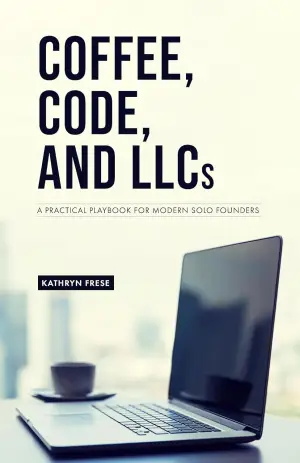Book Review: The Folded Sky (White Space #3) by Elizabeth Bear
From the moment I laid eyes on the cover of The Folded Sky, I was drawn in. As a devoted fan of Elizabeth Bear’s work, I couldn’t resist diving into the third installment of the White Space series. Following Ancestral Night and Machine, I was eager to see how the intricate universe and its rich world-building would unfold this time around. Bear has a knack for blending philosophical musings with fantastical elements, and I had high expectations for her latest offering.
At its heart, The Folded Sky explores themes of communication, family dynamics, and the struggle for autonomy in a society where technology and emotions intersect in complex and profound ways. The protagonist, Dr. Sunyata Song, narrates her journey with a wry sense of humor and a touch of vulnerability that makes her relatable. Through her character, Bear expertly depicts the concept of "rightminding"—a mechanism that allows characters to recalibrate their emotional reactions. This begs a delightful philosophical question: How does rightminding intersect with free will? Bear manages to create tension around this idea, leaving readers pondering its implications throughout their reading experience.
The backdrop of the novel, replete with relics from the Koregoi civilization and pan-species cooperation, is rich and intricate. Bear’s use of unconventional physics, such as benevolent shadow-beings and particle entanglement, adds an engaging layer to her narrative. I found myself captivated by Sunya’s work with "archinformation," especially how she navigates the complexities of alien languages and the need for context over syntax. Bear’s prose shines here, offering a beautifully crafted line: “Information doesn’t want to be free. Information wants to vanish without a trace.” This resonates deeply with our current digital age, illuminating our own concerns about information and permanence.
While Sunya’s scientific endeavors are fascinating, it’s her relationships that provide the emotional core of the novel. The dynamic with her teenage daughter, Luna, is particularly poignant. As Luna evolves throughout the story, I found myself invested in their journey, moved by the struggles of parenting in a setting that feels both alien and achingly familiar. Alternatively, Sunya’s interactions with her ex-lover, Vickee, felt more like a distraction—serving mainly to showcase the necessity of her rightminding rather than contributing to a meaningful arc.
Bear’s characterization of women is commendable and reflects a more contemporary approach, though I felt some supporting characters, like Sunya’s wife, Salvie, leaned into archetypal territory. The men in this universe, often painted as antagonists, contributed to a one-dimensional portrayal that could benefit from more depth. Nevertheless, the action sequences are nothing short of exhilarating, with scenes set in zero gravity that pulse with urgency and excitement.
In conclusion, The Folded Sky is a thought-provoking journey that melds science fiction with profound emotional exploration. I highly recommend it to fans of speculative fiction who appreciate character-driven narratives wrapped in inventive world-building. For those navigating the complexities of family life or interpersonal connections, Bear’s insights will resonate deeply. This novel has left me reflecting on its themes long after I turned the last page, a true testament to Bear’s craftsmanship and imagination.
If you enjoyed the previous books in the series or are looking for a unique blend of emotional depth and speculative wonder, The Folded Sky promises to be a compelling read when it releases on June 17, 2025. Happy reading!
Discover more about The Folded Sky (White Space, #3) on GoodReads >>






